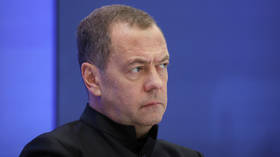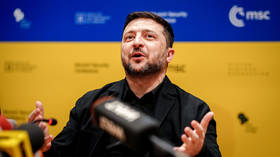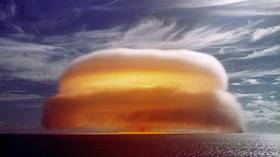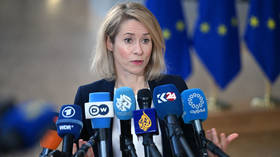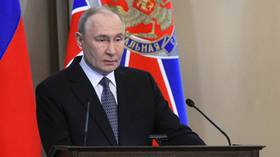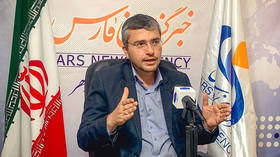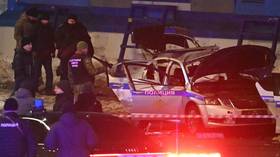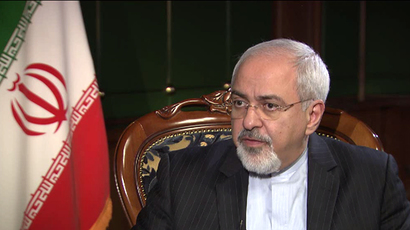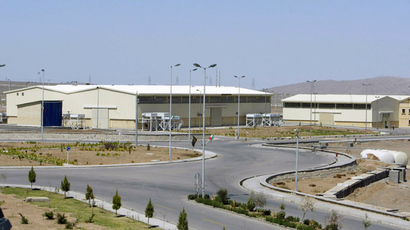Iran test-fires ballistic missiles ahead of nuclear talks
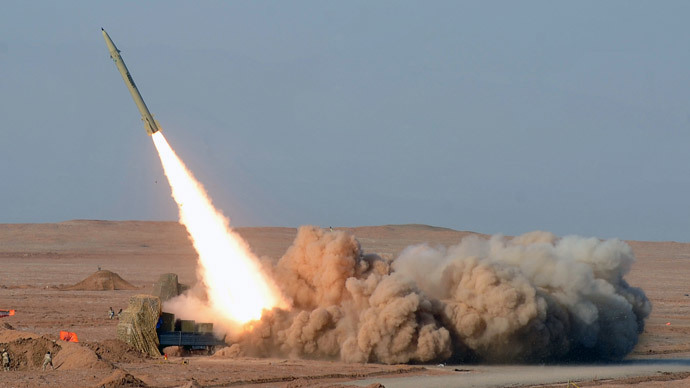
Iran has announced it has successfully test-fired two ballistic missiles capable of “great destruction” ahead of new nuclear talks with world powers. However, the so-called defense-related “red line” is not expected to be discussed at the meeting.
“The new generation of long-range ground-to-ground ballistic
missile with a fragmentation warhead and the laser-guided
air-to-surface and surface-to-surface missile dubbed Bina
[Insightful] have been successfully test-fired,” state
television quoted Defense Brigadier General Hossein Dehqan as
saying.
Dehqan said that one of the weapons tested is a long-range
missile with radar-evading capabilities, designed to cause a
“great destruction.”
“The Bina missile is capable of striking important targets
such as bridges, tanks and enemy command centers with great
precision,” he said.
Iran’s military already possesses surface-to-surface missiles
with a range of up to 2,000 kilometers, capable of reaching a
number of possible targets in the region – including Israel.

Following the successful test, Iranian President Hassan Rouhani
issued a congratulatory statement, also reminding that Iran was
“serious” about the P5+1 talks scheduled for February
18-19 in Vienna.
“Iran is ready to enter negotiations with the P5+1 to reach a
comprehensive and final agreement,” Rouhani said.
However, Deputy Foreign Minister Abbas Araqchi stated that
Tehran’s ballistic missile program would not be up for
negotiation at the next round of talks. “We will not allow
such issues to be discussed in future talks,” he said,
adding that “defense-related issues are a red line for
Iran.”
“We will not discuss any issue other than the nuclear dossier
in the negotiations,” Araqchi told state TV.
Last week, Wendy Sherman – the US negotiator in the talks – told
the US Senate hearing that Tehran’s ballistic missile program
would be discussed in the comprehensive deal. Sherman had also
maintained that Iran does not need a heavy water reactor in Arak,
nor does the country need the Fordow uranium enrichment facility.
But another Iranian nuclear negotiator, Majid Takhte Ravanchi,
stated on Monday that Iran would not accept the closure of
“any of its nuclear sites.” Foreign Minister Mohammad
Javad Zarif said he anticipates the talks in Vienna to be
“difficult,” as the biggest challenge is the “lack
of trust.”
Meanwhile, Iran has already begun to see the positive effects of
the historic November nuclear deal, which was finalized in Geneva
on January 20. On February 1, Tehran received its first US$550
million installment of a total $4.2 billion in frozen funds in
return for the halting of its highly enriched uranium production.


